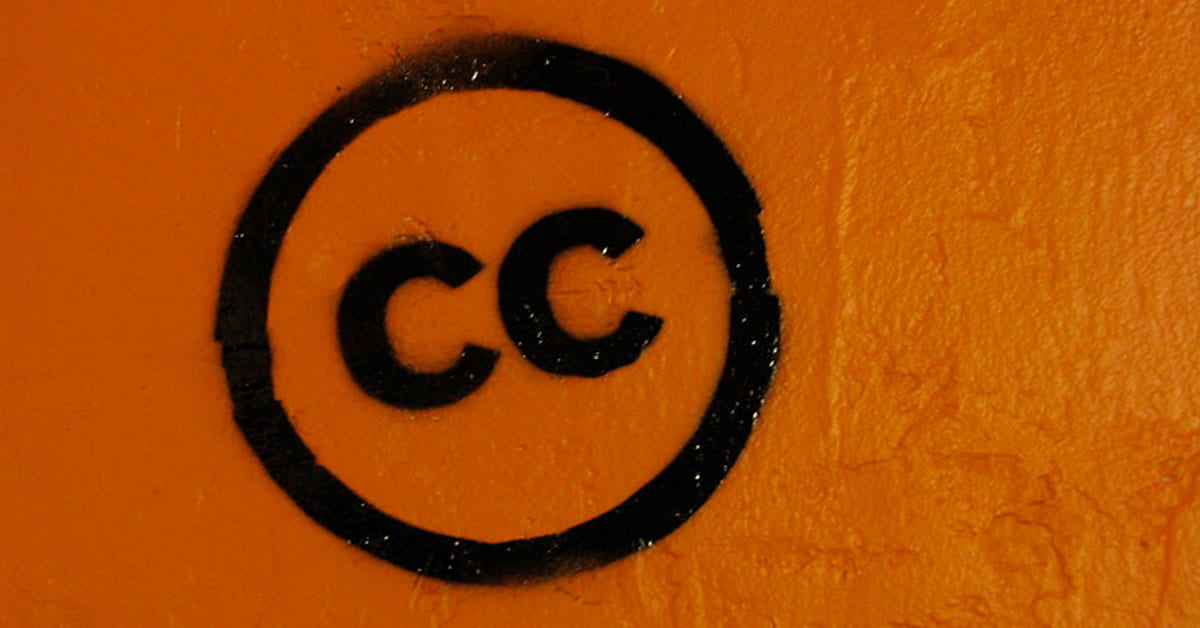Creative Commons (CC) is an Open Content licensing model that allows the distribution and reuse of works, as dictated by terms of a license. The creator of the work has a range of licenses to choose from – each licence has particular conditions concerning the use of the work.
Creative Commons licensing protects the creator’s copyright allowing the creator to share their digital works freely for others to use. Millions of people around the world have shared their images, videos, music and writing for members of the public to access, use and build upon.
You must acknowledge the creator of the work
When you use CC-licensed materials, you must adhere to the license conditions. One condition of all CC licenses is attribution. This means the original creator is acknowledged regardless of how the work has been used.
Best practice attribution includes:
- Title
- Author
- Source
- License
For academic purposes, the attribution of a Creative Commons work will need to align to the appropriate referencing system for the discipline. Check the faculty referencing styles on QuickCite.
Discover more
Search Creative Commons content that you will be able to reuse
Visit the Creative Commons page on the ResearchHub
Fiona Lamont, Research Services Adviser, Research Services
Feature image: “Creative Commons logo on the wall :-)” by François @ Edito.qc.ca is licensed under CC BY-NC 2.0

